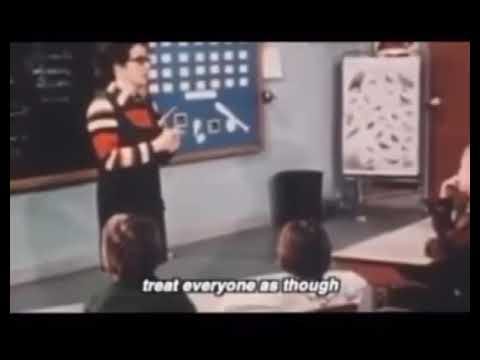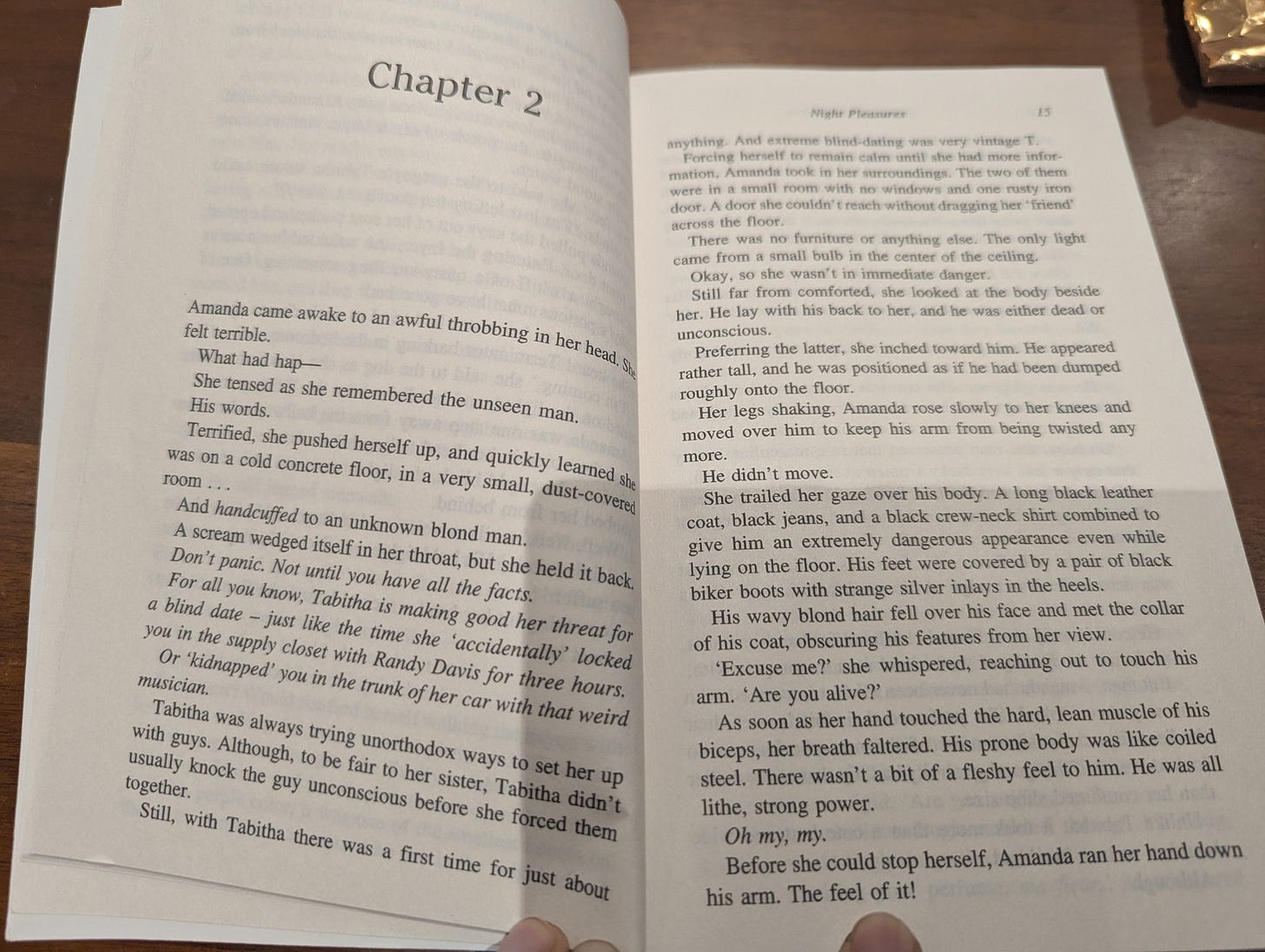Romantasy. If you don’t know what that is, I really want to know what rock you’ve been hiding under in case I need shelter in the coming days. This combination of Romance and Fantasy is about the most lucrative thing there out there, and probably the one thing not experiencing the same volatility as the stock market.
At a writers’ conference, I heard someone say regarding writers looking to survive on their income — only these genres pay: Young Adult. Romance. Fantasy. Mystery. And Thriller. Everything else gets you critical acclaim, and maybe even fame, but only these give you MONEY.
Obviously, I didn’t like hearing that. But I got over my intellectual snobbery and started to look into the books that were truly popular, trying to understand what they were getting at. Although my first novel was Young Adult, I don’t enjoy reading the genre. I lived through adolescence once. Wasn’t that enough? What’s the pleasure in watching other people suffer through problems you found excruciating and never want to think about?
Anyway, back my original point: Romantasy. It’s actually very rare that I’ll read heterosexual romance, because it’s so full of rapey tropes that we then take to our real lives, seeking out the jerks we hope to redeem. For instance, in Sherrilyn Kenyon’s Night Pleasures, Chapter 1 ends with the protagonist Amanda being knocked unconscious and kidnapped. Chapter 2 begins with her coming to in a basement handcuffed to a strange man. Is she worried about her predicament? Frightened of her co-prisoner? No, she thinks he’s hot and starts feeling him up while he’s unconscious.
In case you don’t believe me, see the last few lines in this picture:
The guy turns out to be a moody vampire, and his primal urges, naturally, make him quite stupid. Over the course of the novel, we learn something about this model for a relationship, which is clearly patterned on Buffy/Angel, but with a happy ending. The message seems to be: love makes you stupid, but also strong. Which is pretty par for the course for most Western romance. You have to be so in love that it overpowers both reason (which might tell you to stay away from the trouble) and fear (of intimacy / losing this person / whatever is keeping you apart). The climax of a Western romance novel is very much like the male orgasm, a powerful moment of surrender to the inevitability and superiority of emotion over reason at a critical decision-point.
I mean this literally. Behold, the male orgasm at the critical decision-point.
No shade on Sherrilyn Kenyon. She’s one of the most popular romantasy authors ever, with a net worth of around $25 million. But I’m not about to pick up the next book in the series. Nothing about this book’s ending made me yearn desperately for the next book (although there are many).
By contrast, I’ve been really jet-lagged all week and binged the entire anime series The Apothecary Diaries (Season 1 on Netflix and then Season 2 on Crunchyroll), and then started reading the books. I just finished Book 9 (I started on Saturday). I had to force myself to write this Substack instead of jumping straight to Book 10.
And the protagonists haven’t had sex yet.
I believe Book 6 had a kiss, but it was “a disaster” because the woman, Maomao, did not reciprocate. She complied, but he pulled away, sensing that she was simply accepting whatever he did rather than reciprocating. Why didn’t she reciprocate? Because she’s really fucking smart, and she knows that falling in love with someone who’s that close to the throne is a recipe for beheading when the winds change. She’s well aware that people who go against the Emperor have been killed, castrated or exiled, and she wants none of this, only a normal life.
Incidentally, so far, her stated goals as a protagonist are identical to Amanda’s in the other novel. Beyond that, there is almost no similarity. The male protagonist in The Apothecary Diaries is gentle, effeminate (when we first meet him, he is introduced as a eunuch, taking a daily dose of anaphrodisiacs to suppress any libido). At the end of Book 9, when Maomao finally lets down her guard, it’s to scold him for taking undue risks (something she knows is dangerous to do to people in power). Overcome by emotion, Jinshi reaches out for… a hug?
Nope, not a hug. He wants a slap. He goes down on his knees and begs her to tell him what to do. I am HOOKED.
The author of a romantasy series must be an expert not on love or lust, but on seduction. Words seduce, words cast a spell, and the only way to keep a reader hooked for pages on end is to keep escalating the foreplay, but deny them any instant gratification.
There is no reading of The Apothecary Diaries that isn’t queer, despite the ostensibly heterosexual main pairing. Women wish for men’s careers. Men pass as eunuchs and relinquish power. Everyone, in their way, resists the status quo, positioning their individual narrative not as a “model” of love but a kind of alternative — this, too, is love. Love doesn’t have to make you stupid or strong. It doesn’t have to be the impulse you yield to. Love can be skillful, it can operate within a broader social context, and it can be strategic and wise.
All of which is helping me see that what I dislike about “traditional” romantasy, including such famous figures as Sarah J. Maas. It’s not the heterosexuality that I find traditional, it’s the narrative structure. It’s the reinforcement of what’s “normal” — namely that lust is purely physical and love requires compromise or abdication of the (usually woman’s) self and goals to serve the male character’s growth arc. It’s a narrative structure that establishes happiness as not just achievable within one novel arc, but within just the two people at the center of the romance. The broader social and interpersonal narrative is left to subplots.
Why does any of this matter enough for a Substack post? At work, I’m currently taking a great course via HBS on Power and Influence for Positive Impact. Given the themes of the course, I’d say enroll now while it’s still an option. One of the things we’re studying is the power of stories and narrative in reinforcing power structures. People are far more willing to believe stories than they are to believe facts and data, and they’re especially more willing to believe stories when they come from a person in a position of authority.
If you’ve never heard of Jane Elliott’s experiment to convince her students that blue-eyed people were superior to brown-eyed people in a bid to help them understand the impact of racism, it’s seriously worth learning about.
A narrative’s power is multiplied by the authority of the storyteller. What stories are you telling? What is your narrative implying? Are you echoing the narrative structure you’ve been conditioned to enjoy, or are you breaking free?






Personally I hate any trope of 'love at first sight' because that means lust and not love. I'd like a book that pointed to a couple that had lots of fights but constructively worked through them and continue to work on their relationship as the example for 'true love'